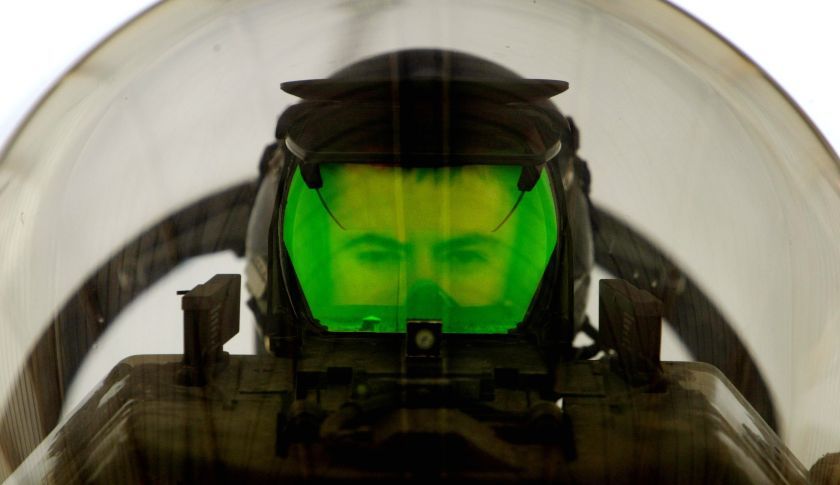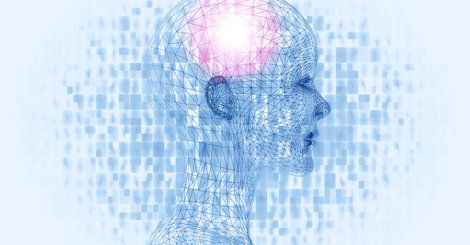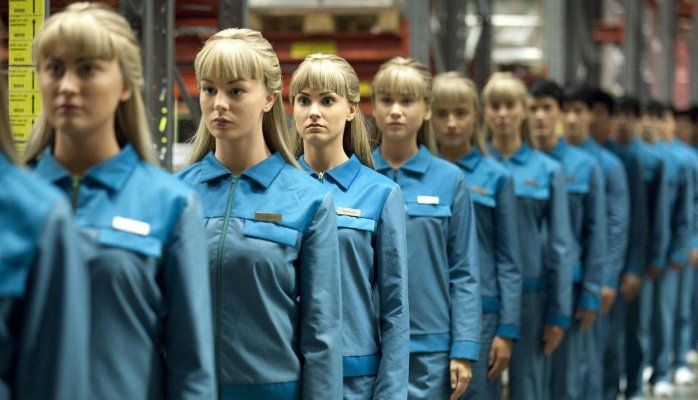The human being — especially in so-called “advanced civilizations” — is the animal that molds itself into its own pet.
Peter Sloterdijk is Germany’s most controversial thinker and media theorist. He has dared to challenge long-established divisions in traditional philosophy of body and soul, subject and object, culture and nature. His 1999 lecture on “Regulations for the Human Park,” in which he argued that genetic engineering was a continuation of human striving for self-creation, stirred up a tempest in a country known for Nazi eugenics. At the same time, he himself has concluded that “the taming of man has failed” as civilization’s potential for barbarism has grown ever greater. His seminal books include “Critique of Cynical Reason” and his trilogy, “Spheres.”
At a recent Berggruen Center on Philosophy and Culture symposium on humans and technology at Cambridge University’s St. John’s School of Divinity, The WorldPost discussed with Sloterdijk the end of borders between humans and technology, the cloud, singularity and identity in the age of globalization.
For years now, you have been arguing that a new type of being was coming into existence, as the human species fuses with its technological prosthetics — “anthropo-technology.” In this new being, man and machine are becoming one integrated, operative system linked by information.
Read more








